The purpose of this clinical article is to highlight possible root canal treatment error due to a misinterpretation of root canal morphology using 2 dimensional digital X-rays (Peri Apical Xray) […]
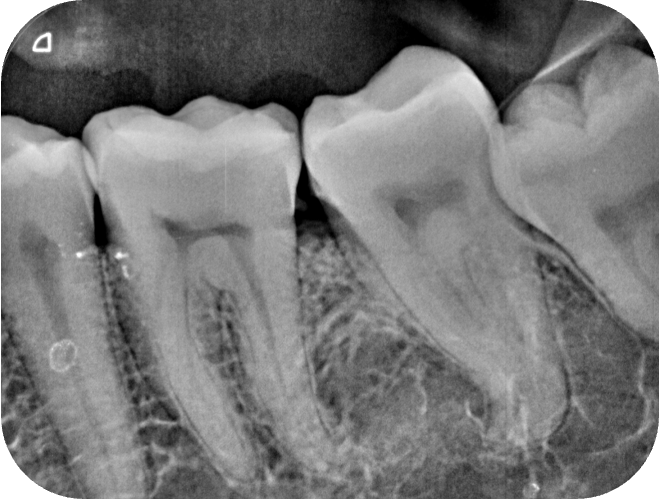 Correcting own errors: missed canal on lower left second molar
Correcting own errors: missed canal on lower left second molar
The purpose of this clinical article is to highlight possible root canal treatment error due to a misinterpretation of root canal morphology using 2 dimensional digital X-rays (Peri Apical Xray) […]
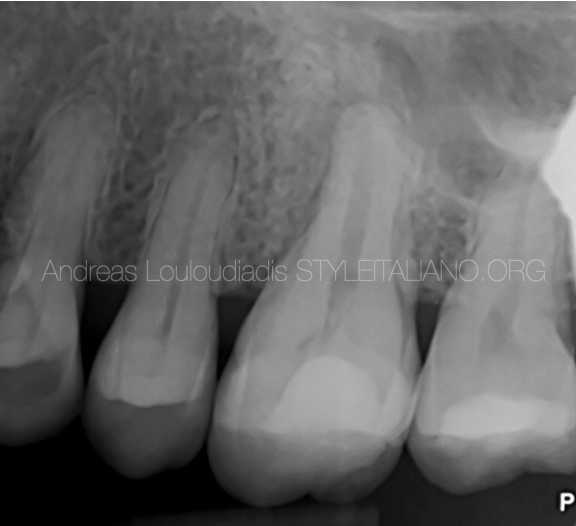 Single, rare and fabulous
Single, rare and fabulous
A thorough and detailed knowledge of root canal anatomy is a crucial requirement for a successful endodontic treatment outcome. Due to each tooth singularity a vast number of morphological variations […]
 Non surgical endodontic management of periapical lesion with open apex
Non surgical endodontic management of periapical lesion with open apex
MTA is a bioactive cement that has gained immense popularity in endodontic treatments. It is composed of tricalcium silicate, dicalcium silicate, and bismuth oxide. MTA possesses unique characteristics that make […]
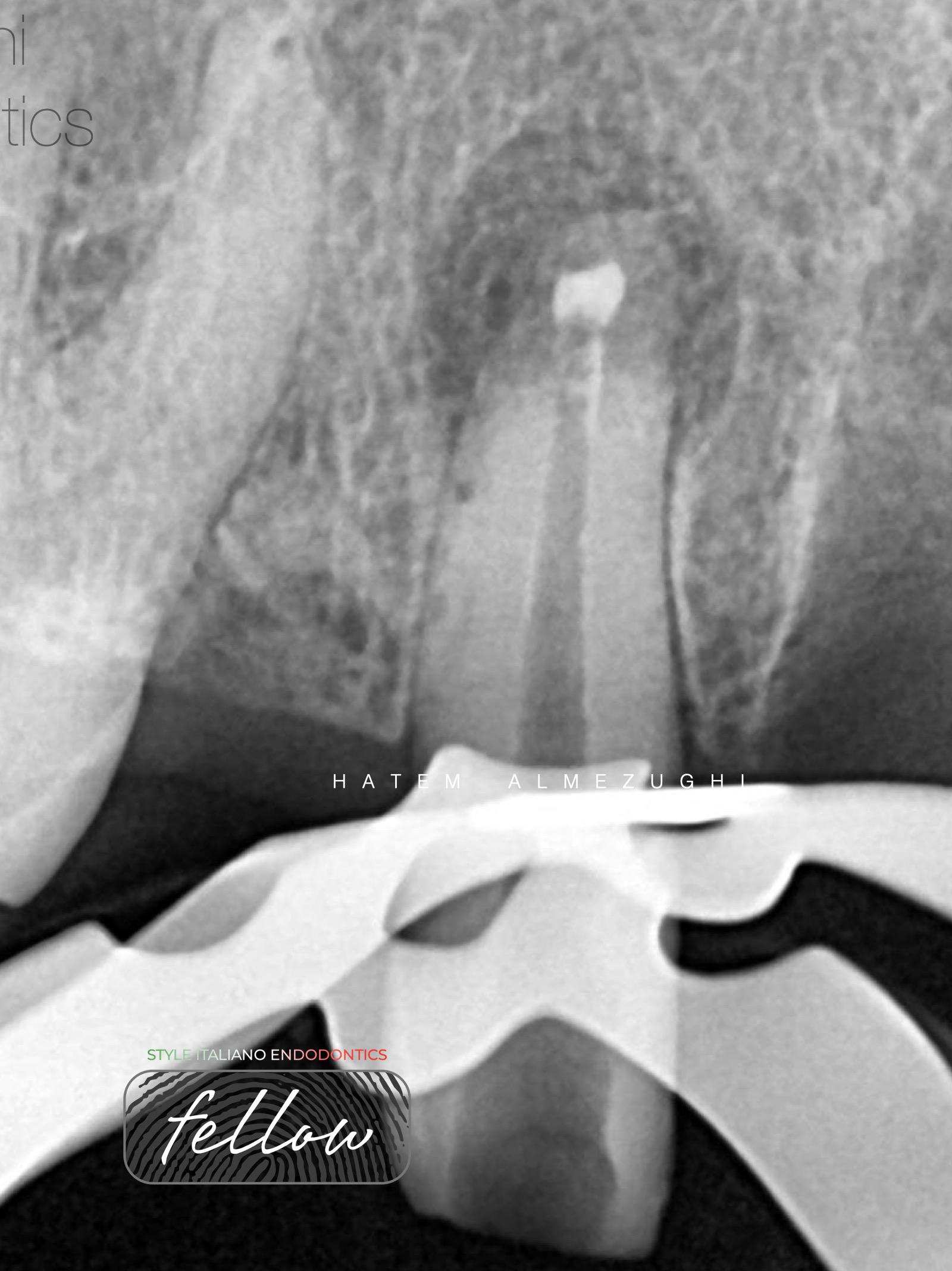 Simplified MTA apical plug
Simplified MTA apical plug
Root resorption is a pathological process that may occur after surgical mechanical, chemical or thermal insult. Generally, it can be classified as internal and external root resorption. Depending on the […]
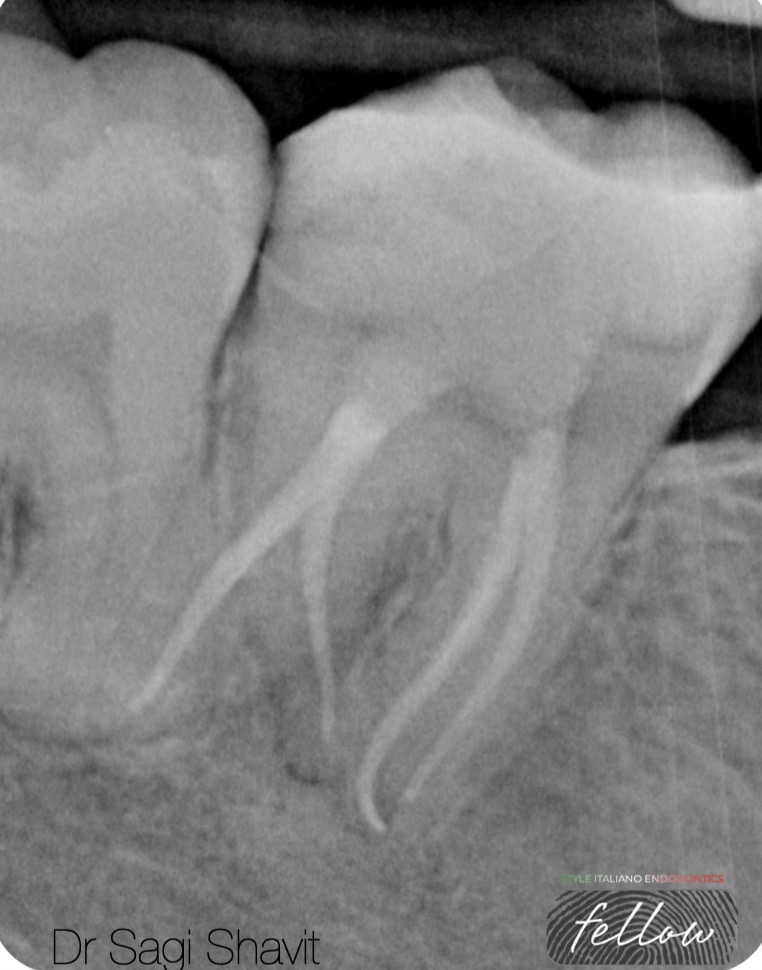 3 rooted Lower Second Molar
3 rooted Lower Second Molar
Most mandibular second molars are usually found to have two roots (76%) or one root (22%). The incidence of 3 roots anatomy in such teeth is considered a rare finding […]
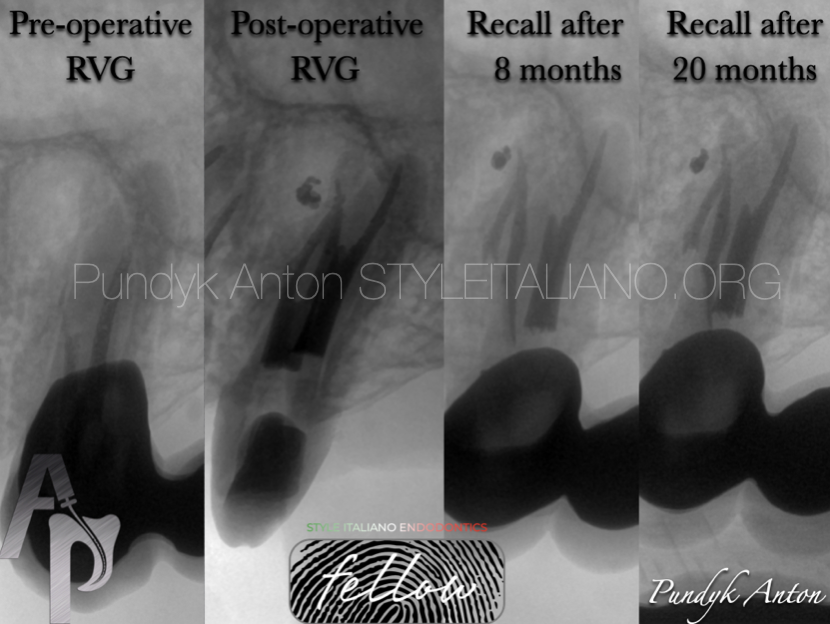 Retreatment of teeth with a complex root system anatomy #1
Retreatment of teeth with a complex root system anatomy #1
The second maxillary premolar may have 1 to 3 roots: with one root canal in 75-96% of cases, with two root canals in 4-24% and three root canals in 0-1%. […]
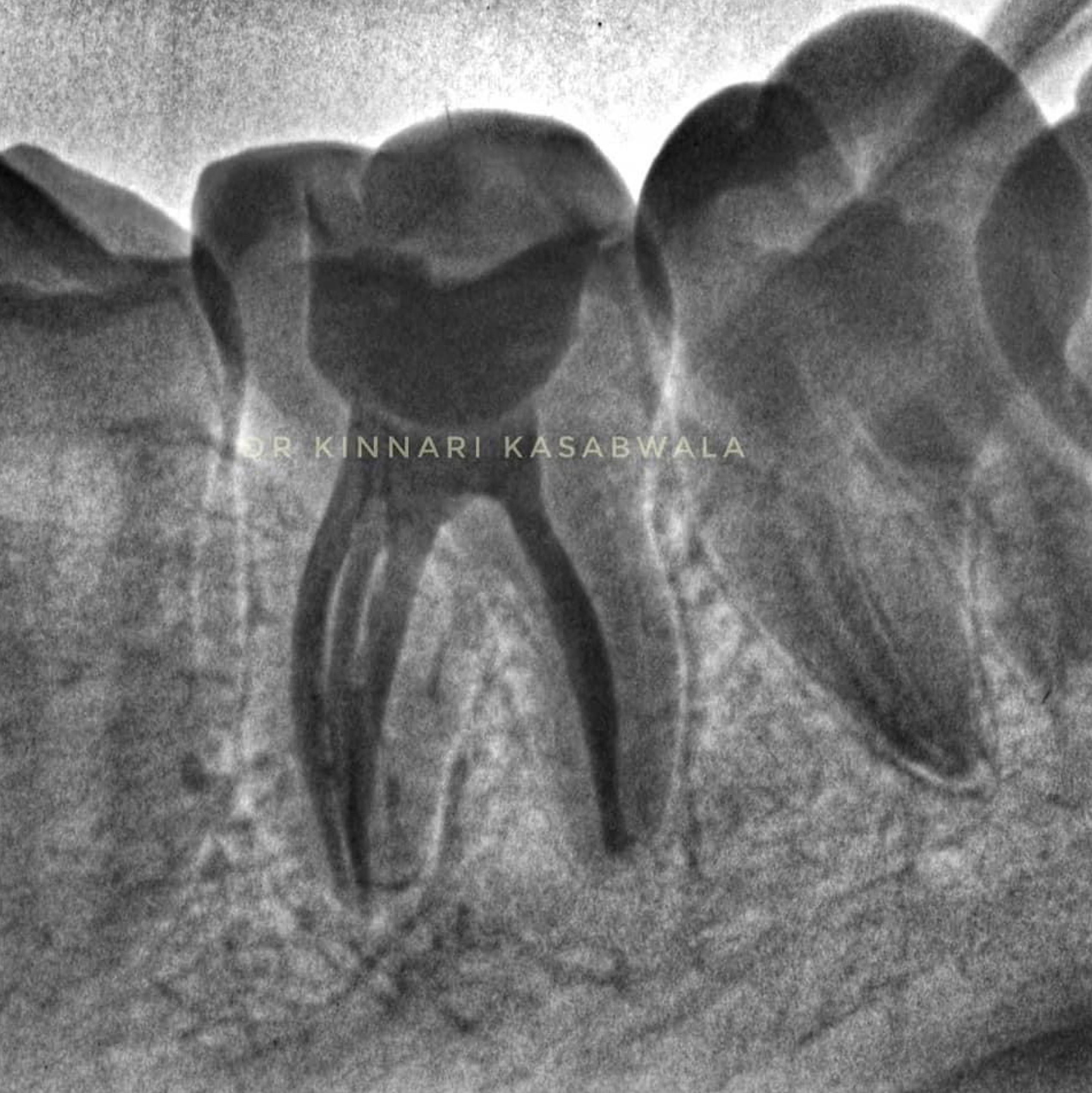 Middle mesial canal – a case series
Middle mesial canal – a case series
Middle mesial canal (MMC) is an additional canal found in mandibular first molars. The knowledge of its presence and its detection, negotiation, disinfection and sealing plays paramount importance in the […]
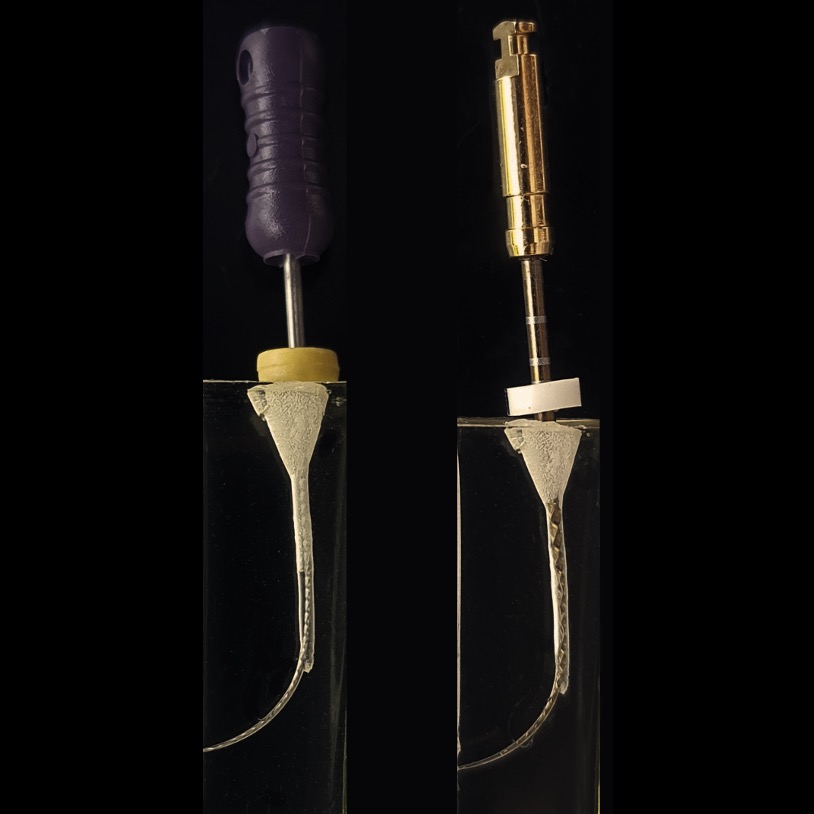 The endodontic ledge: causes and management
The endodontic ledge: causes and management
As endodontists we often encounter retreatment cases with procedural errors such as canal blockages, ledges, instrument fractures and perforations. The ledge is defined as an iatrogenic deviation from the original […]
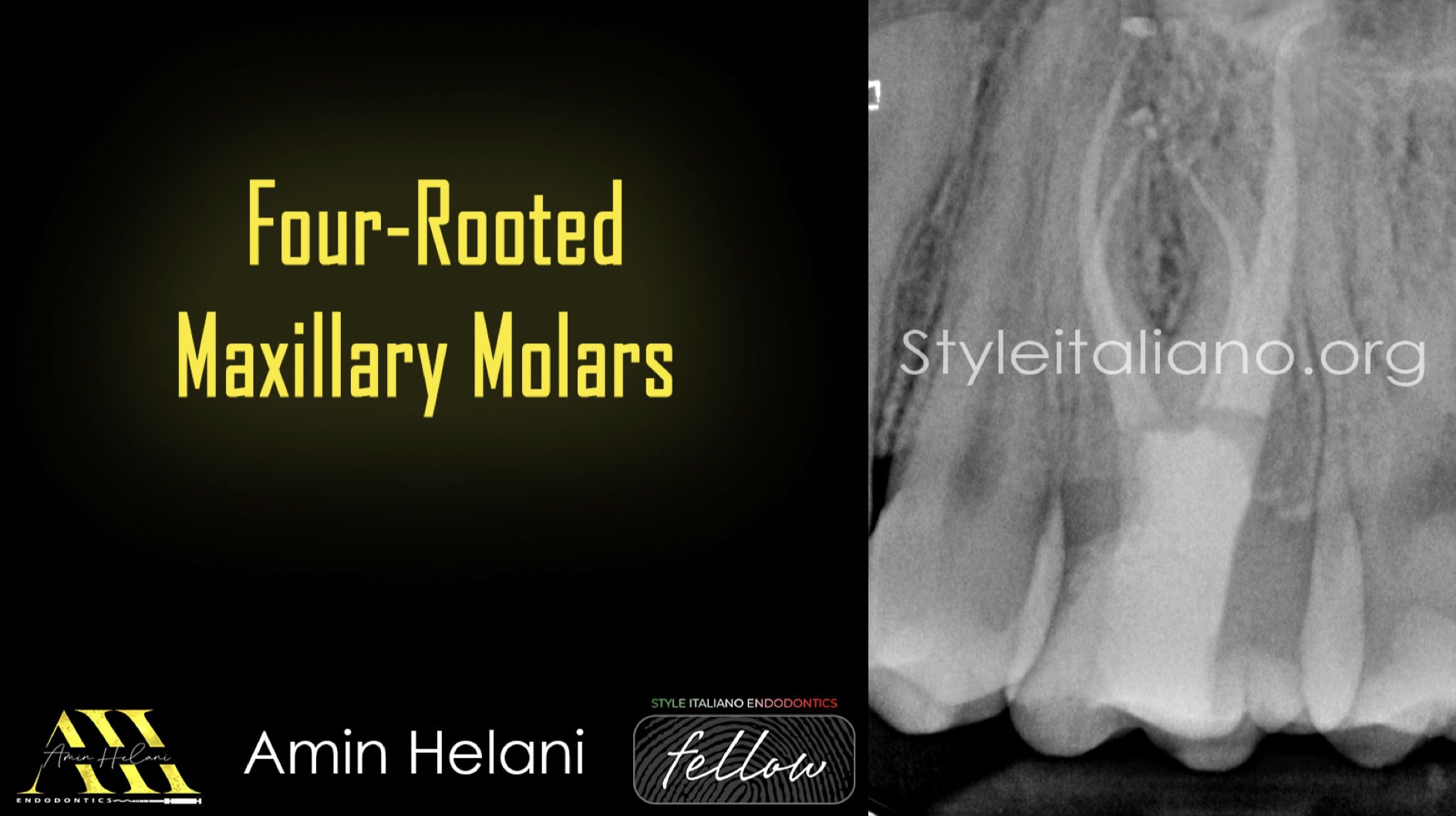 Four-Rooted Maxillary Molars
Four-Rooted Maxillary Molars
The maxillary first molar typically exhibits complex root canal anatomy, commonly presenting with three roots—two buccal and one palatal. However, anatomical variations, such as the presence of a fourth root, […]
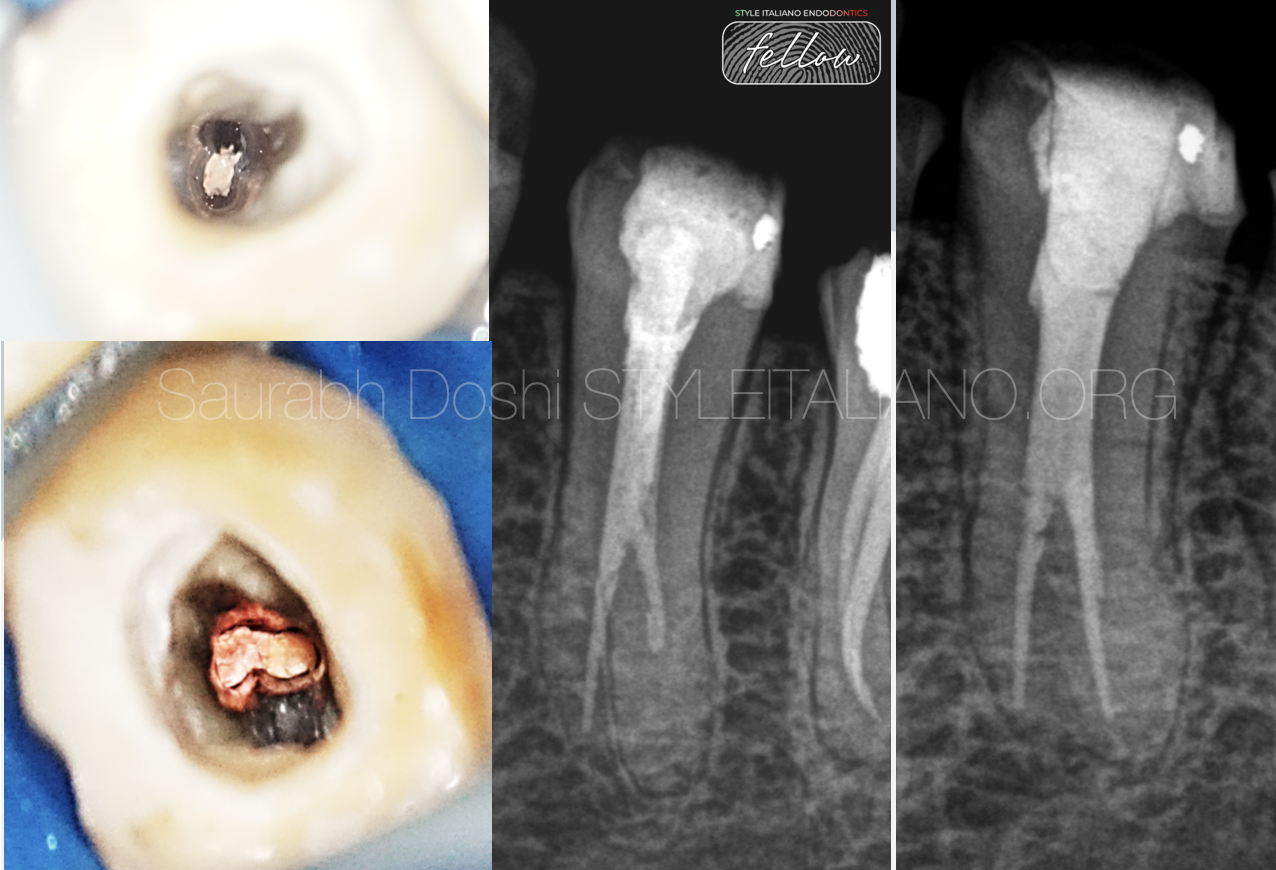 Selective Root Canal Re-Treatement of Lower Left Pre-Molar
Selective Root Canal Re-Treatement of Lower Left Pre-Molar
In retreatment cases , the clinician has to deal with many mishaps such as underfilled, missed and obstructed canals as also with iatrogenic damages as separated instruments and perforations. Underfilled […]
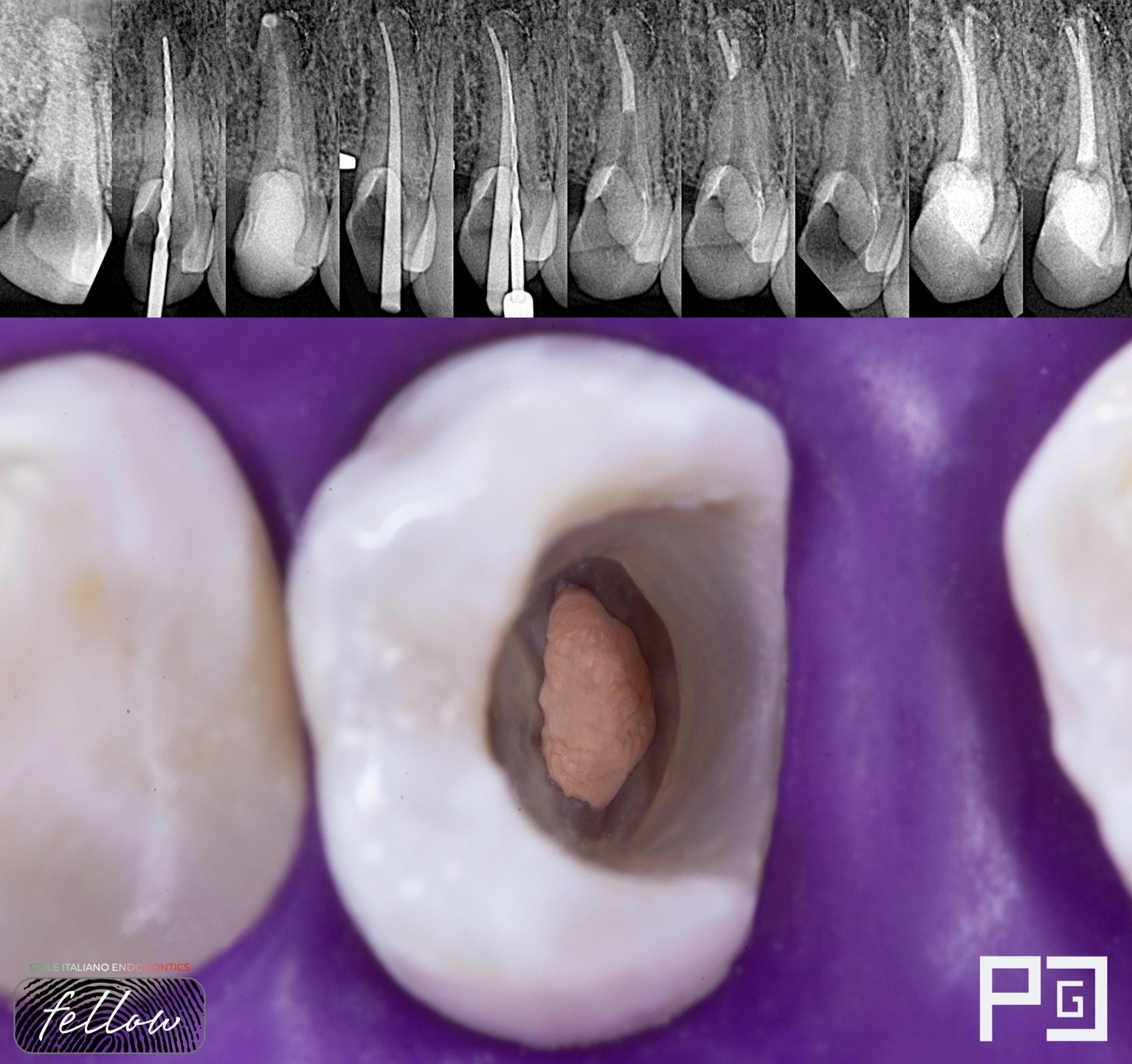 Management of anatomy in a first tricky premolar (Deep Split)
Management of anatomy in a first tricky premolar (Deep Split)
The clinician must be aware of the possible anatomical variations of these teeth and their relationship to adjacent anatomical structures when planning and performing endodontic procedures.
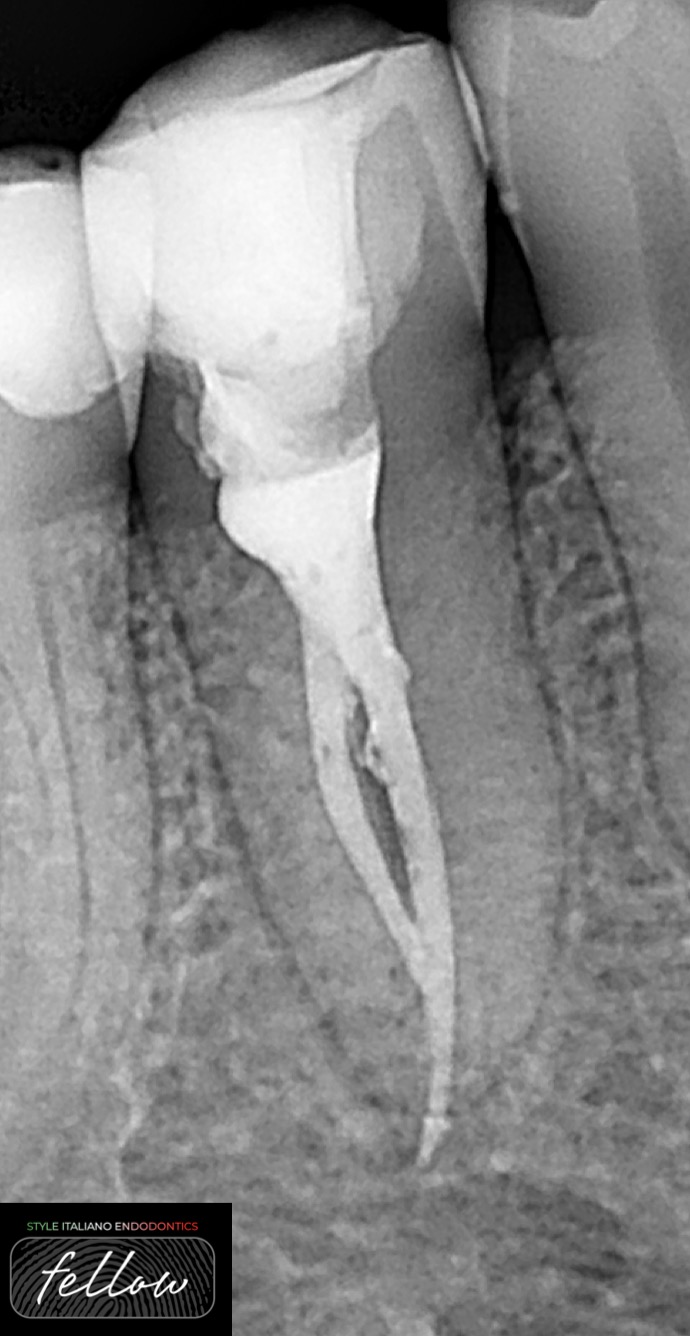 Retreatment case with two types of perforations
Retreatment case with two types of perforations
Root perforations were the second greatest cause of failure accounting for 9.62% of all unsuccessful cases. Seltzer et al. also attributed 3.52% of all endodontic failures to perforation. This perforation […]